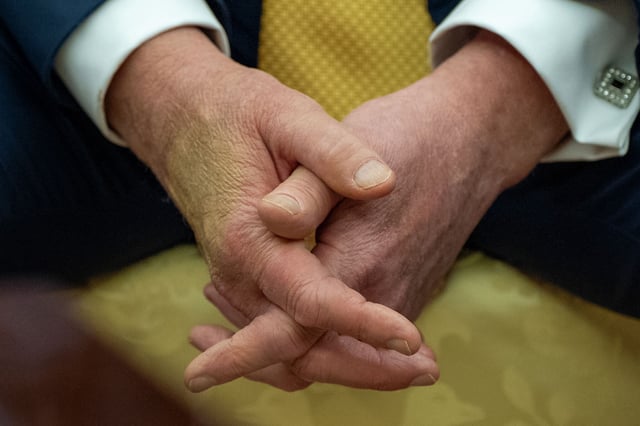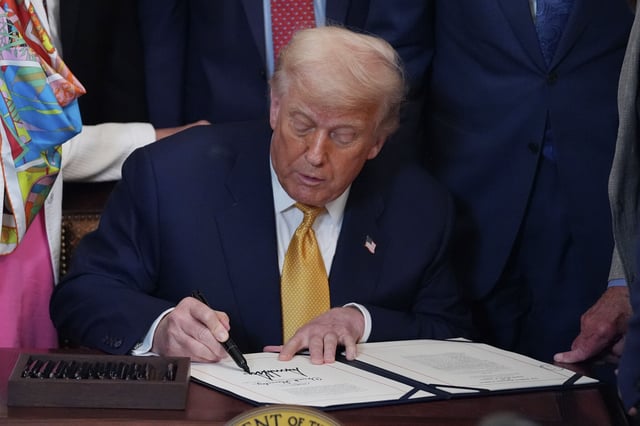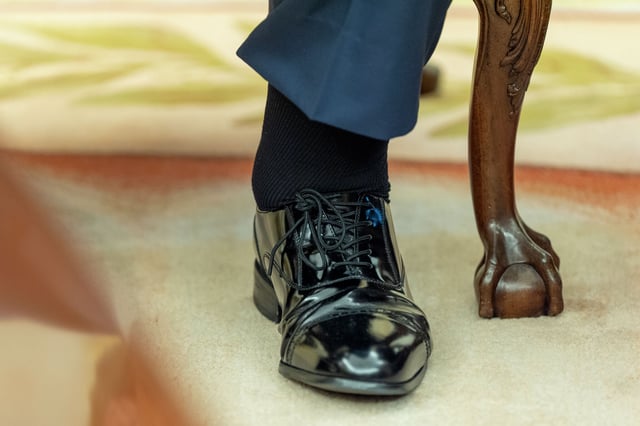Overview
- On July 15, the White House confirmed President Trump has benign chronic venous insufficiency after vascular studies found no deep vein thrombosis or arterial disease
- The American Heart Association estimates CVI affects about 1 in 20 adults, particularly seniors, and often goes undiagnosed until swelling, varicose veins or skin changes appear
- AHA experts warn that valve dysfunction driving CVI is independently linked to higher incidence of cardiovascular disease and increased mortality even without traditional risk factors
- Chronic venous insufficiency is diagnosed through duplex ultrasound or venography and treated with compression therapy, medications and minimally invasive endovenous interventions
- Despite clinical recommendations, the White House says the president will not alter his daily schedule or adopt measures like compression stockings to manage his CVI


